Activités
En tant qu'organisation non gouvernementale à but non lucratif, la Free Software Foundation Europe s'efforce de faire comprendre et de soutenir l'accès aux logiciels libres et aux standards ouverts. Les activités suivantes sont des actions concrètes que nous menons dans les domaines de la la sensibilisation du public, la défense des politiques et le soutien juridique.
Depuis sa fondation en 2001, la FSFE travaille chaque jour pour faire avancer la promotions du logiciel libre en Europe et au-delà. Avec nos activités concrètes, basées sur les trois pilliers de notre travail nous nous concentrons sur la protection et l'extension des droits des utilisateurs. Certaines de nos actions s'étendent sur de nombreuses années tandis que d'autres visent des effets à court terme, mais toutes font partie de notre mission : donner aux utilisateurs le pouvoir de contrôler la technologie.
Une autre partie importante de notre travail consiste en un engagement continu et un travail de fond. Nous sommes présents à des dizaines de conférences par an, soutenons et maintenons une communautée extraordinaire en leurs fournissant des ressources utiles. En outre, nous sommes un point de contact privilégié pour toutes les questions et les demandes concernant la liberté logicielle, les normes ouvertes et les droits des utilisateurs. Nous fournissons également des ressources éducatives de base sur les questions juridiques et sur les licences des logiciels libres.
-
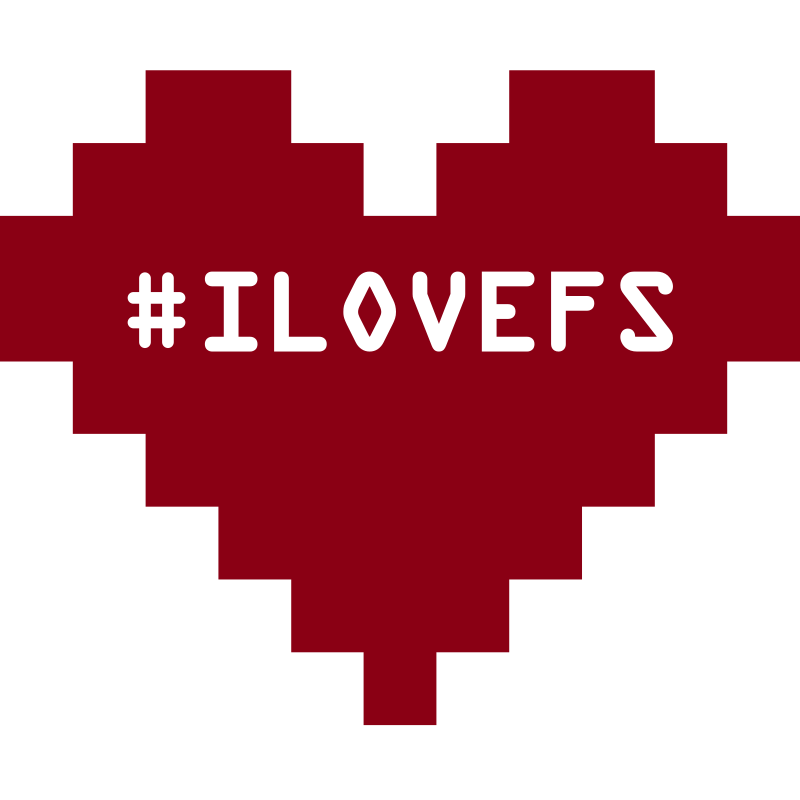
I Love Free Software
We often underestimate the power of a simple Thank You. Free Software contributors do important work for our society and the "I Love Free Software Day" on 14 February is the perfect opportunity for you to express your special gratitude. Since 2010, we have celebrated this wonderful annual event with an ever-growing and diverse community. ♥ ♥ ♥
-
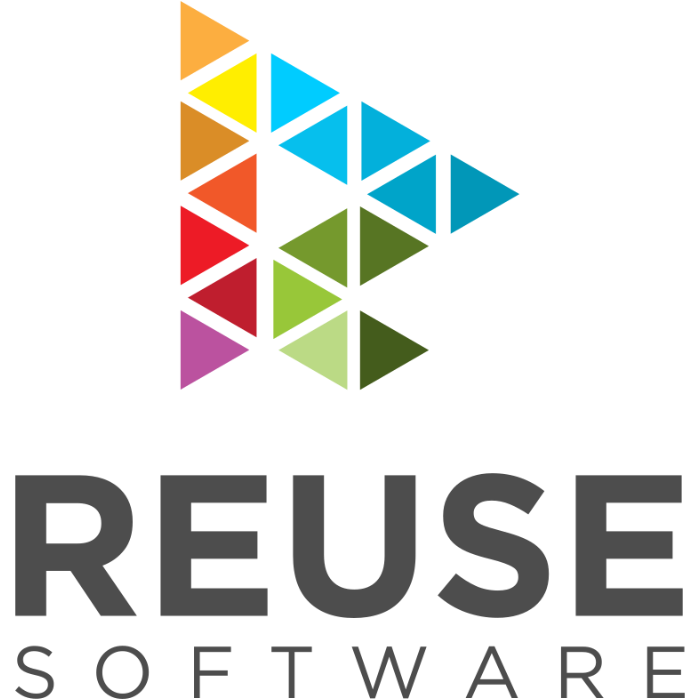
REUSE Software
The FSFE is running a project to make licensing easy for humans and machines alike. It solves a fundamental issue that Free Software licensing has at the very source: what license is a file licensed under, and who owns the copyright? REUSE provides easy recommendations in three steps that help users, developers and legal professionals.
-
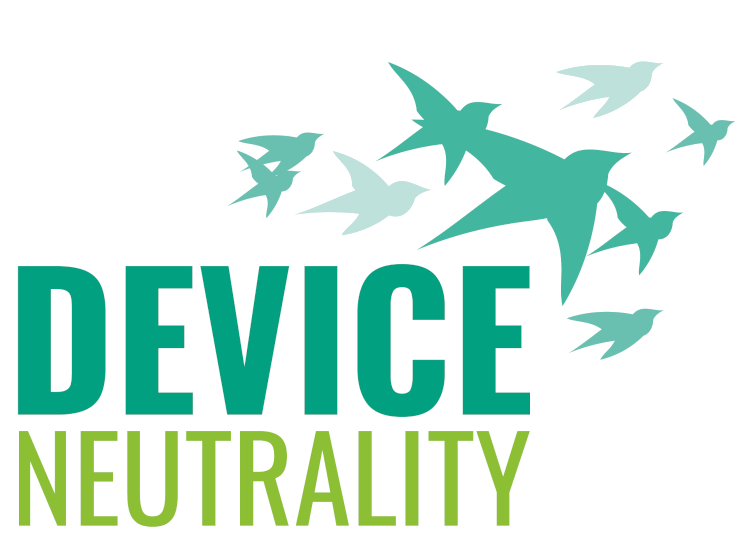
Device Neutrality
Although digital devices are ubiquitous today, the number of devices on which users cannot run Free Software is exponentially increasing. The consequence is an increased loss of control over users’ technology. Device Neutrality aims to enable end-users to bypass gatekeepers to have a non-discriminatory use of Free Software on their devices.
-

Free Your Android
Android is a mostly free operating system but unfortunately the drivers for most devices and most applications in the built-in store are not Free Software. This initiative helps you to regain control of your Android device and your data. We collect information about running an Android system as freely as possible and try to coordinate the efforts in this area.
-
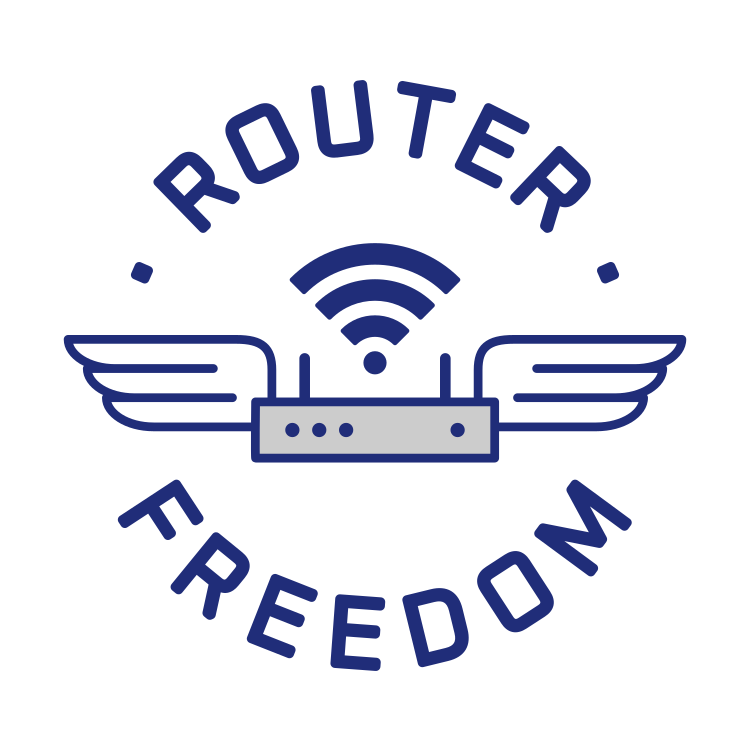
Router Freedom
Although we should be free to choose the technical devices we use in our private lives, some European Internet Service Providers are dictating which device their customers have to use to connect to the Internet, or discriminating against owners of alternative devices. This undermines our basic freedom of choice.
-
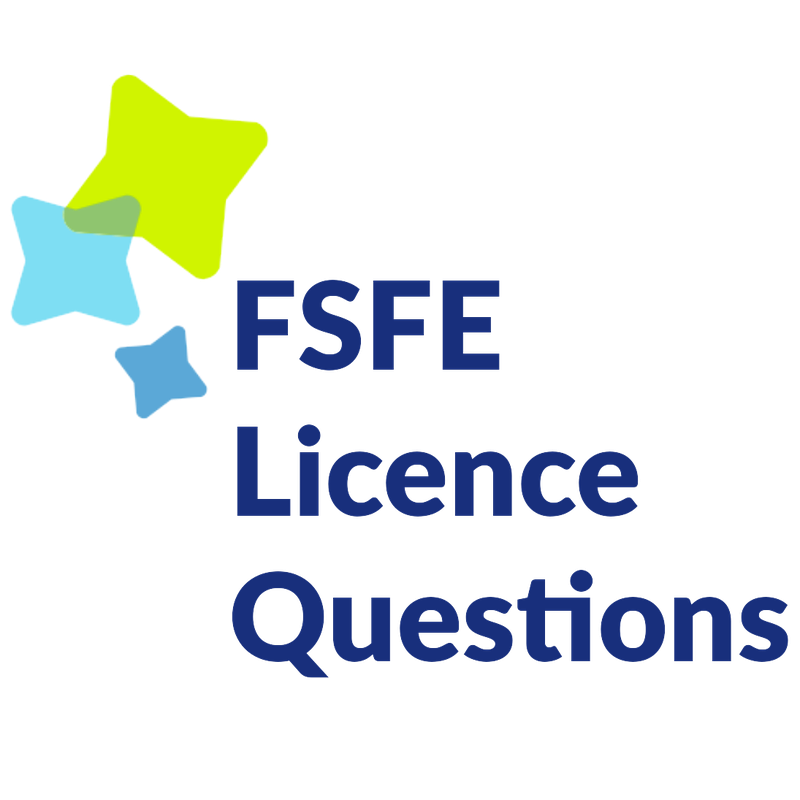
Licence Questions
The FSFE’s Licence Questions mailing list is our group of volunteers dedicated to provide help with Free Software licences and compliance. If you need advice on what Free Software licence you should use, or if you want to know more about what rights you have over a piece of Free Software, you can contact us.
-
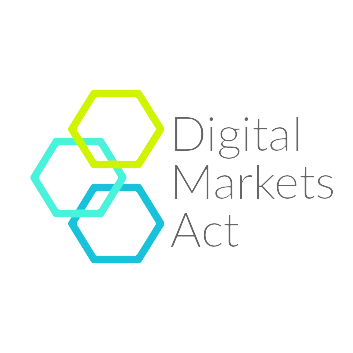
Digital Markets Act
Device Neutrality is the policy concept to regulate monopoly over devices and re-establish end-user control over their digital equipment. The Digital Markets Act (DMA) regulates the economic activity of large digital platforms and introduces Device Neutrality in the EU legislation, fostering access to Free Sofware in Devices.
-
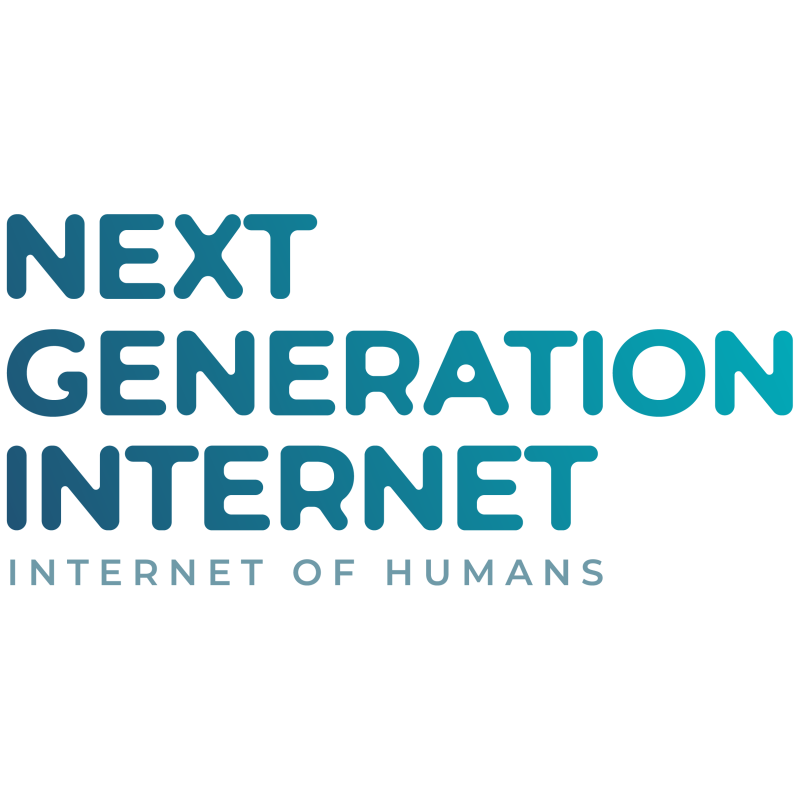
Next Generation Internet
The FSFE is a partner organisation of NGI, a coalition of non-profit organisations from across Europe. Funded by the EC, it provides grants to work on new ideas and technologies that contribute to the establishment of the Next Generation Internet. The FSFE provides legal support for these projects.
-

The ZOOOM Initiative
The FSFE is part of these European consortium to promote and raise awareness about the importance of Free Software, Open Data, and Open Hardware among academia, business, industry, and innovation supporting organizations. As a big part of our work, we are promoting the REUSE specification as an important element for licensing compliance.
-
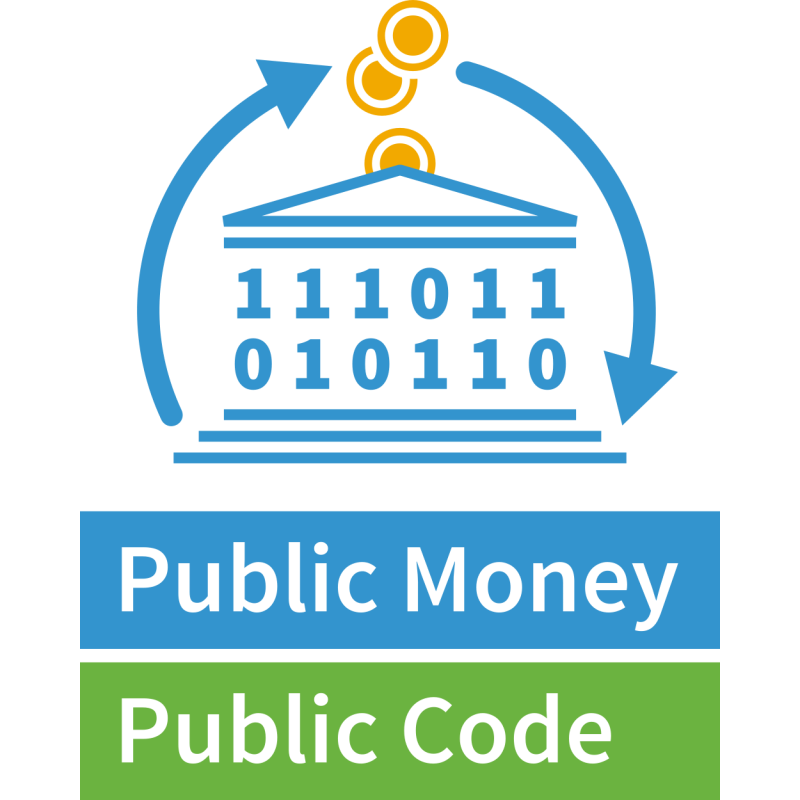
Public Money? Public Code!
Why is software created using taxpayers' money not released as Free Software? We want legislation requiring that publicly financed software developed for the public sector be made publicly available under a Free and Open Source Software licence. If it is public money, it should be public code as well. Code paid by the people should be available to the people!
-
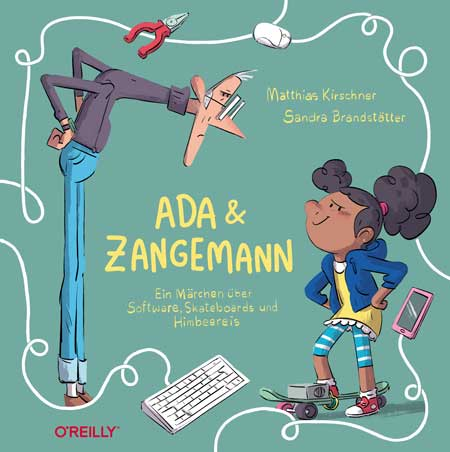
Book "Ada & Zangemann"
The illustrated book "Ada & Zangemann - a tale of software, skateboards, and raspberry ice cream" by the FSFE, tells the story of the famous inventor Zangemann and the girl Ada, a curious tinkerer. Ada begins to experiment with hardware and software, and in the process realises how crucial it is for her and others to control technology.
-
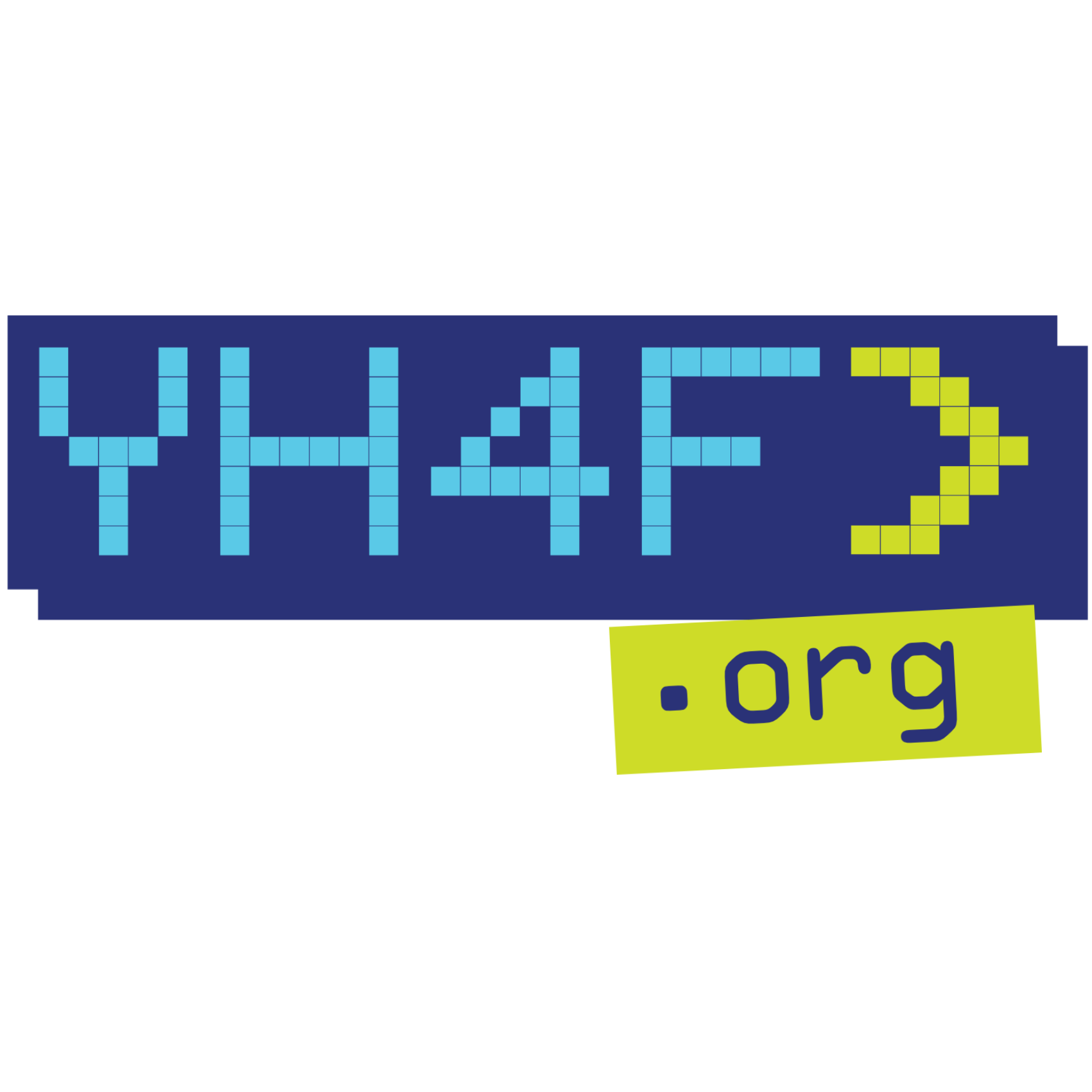
Youth Hacking 4 Freedom
Young people, from all over Europe, compete in Youth Hacking 4 Freedom to win cash prizes by creating programs of their choice licensed as Free Software. The six winners will be invited to the Award ceremony weekend. Youth Hacking for Freedom inspires people to learn programming and to collaborate.
-

Legal Network
The Legal Network is a neutral, non-partisan, group of experts involved in Free Software legal issues with currently several hundreds of participants from different legal systems, academic backgrounds and affiliations. The aim of the Legal Network is to promote discussion and foster better knowledge of the legal constructs that back Free Software.